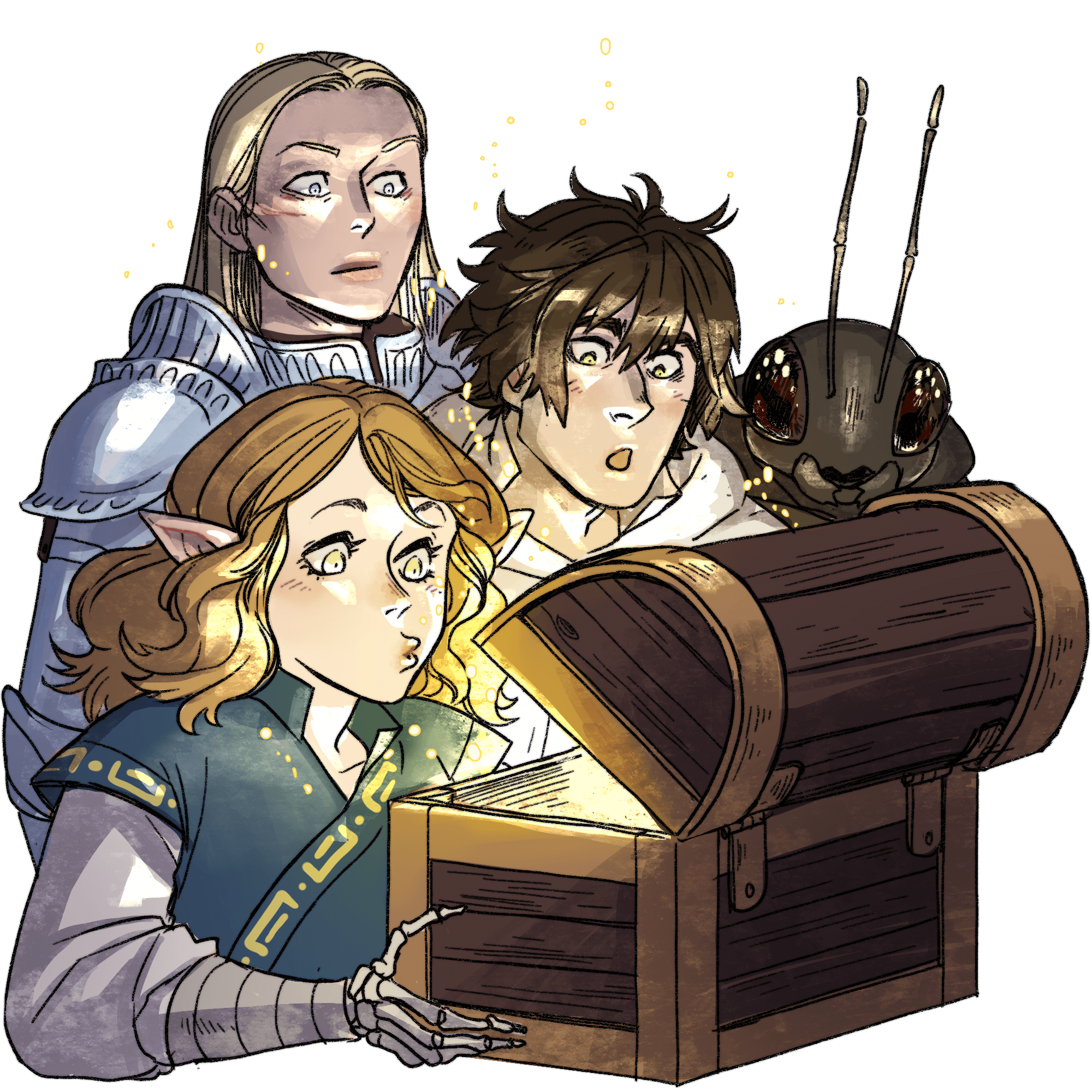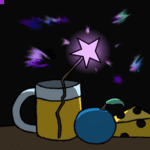Chaosmancer
Legend
On the recommendations, while I appreciate the effort. I just started a near million word web novel, I have books languishing that I have had downloaded on my kindle months ago, an entire website that I am both writing on and reading, while following at least three evolving stories, and there are at least 30 I mean to check out. And I've got two fantasy series I plan on rereading in full once I get the new novels that are finally coming out.
I have enough books to read to last me until I die.
I don't want to add more. Especially not right now while I'm trying to get my life balanced out again. That is part of why the "anger" at me trying to have this conversation without having read the "proper" books got under my skin so much. I'm not in a place to add yet more books to my list, but that doesn't feel like that should exclude me from the conversation.
Really? Why?
It has been years and years since I read the stuff (Mostly before high school) so I might have missed something, but I always kind of liked it.
Fair enough. I kind of just went with it.
At it's most basic. The Big Three tried to copy Dragonball, especially with bigger and bigger enemies (over 9000) and transforming to get new powers just to fight them.
In my Hero, the main character instead trains to understand the power he has, so the enemies don't need to escalate as much, because he is never actually getting "stronger" just more skillful.
But, yeah, I never wanted to say it was easy to explain stuff without context. Just possible.
I have enough books to read to last me until I die.
I don't want to add more. Especially not right now while I'm trying to get my life balanced out again. That is part of why the "anger" at me trying to have this conversation without having read the "proper" books got under my skin so much. I'm not in a place to add yet more books to my list, but that doesn't feel like that should exclude me from the conversation.
My father read a lot of fantasy, mostly from this Sword & Sorcery era. He was quite the nerd. Incidentally, I don't think that my father read any of the stuff that your father read. (Kinda thankful that he avoided Piers Anthony.)
Really? Why?
It has been years and years since I read the stuff (Mostly before high school) so I might have missed something, but I always kind of liked it.
Total honesty here, you have lost me here. Like, I get that DBZ had this ludicrous trope about constantly training and enemies being stronger and over 9000 and so on, but I don't really understand much of the rest. Or who "Deku" is (looks like maybe the main character from My Hero Academica?). I feel like the "huh" reaction that even a nerd who is relatively familiar with some of the sources here is kind of illustrating my point.
Fair enough. I kind of just went with it.
At it's most basic. The Big Three tried to copy Dragonball, especially with bigger and bigger enemies (over 9000) and transforming to get new powers just to fight them.
In my Hero, the main character instead trains to understand the power he has, so the enemies don't need to escalate as much, because he is never actually getting "stronger" just more skillful.
But, yeah, I never wanted to say it was easy to explain stuff without context. Just possible.




